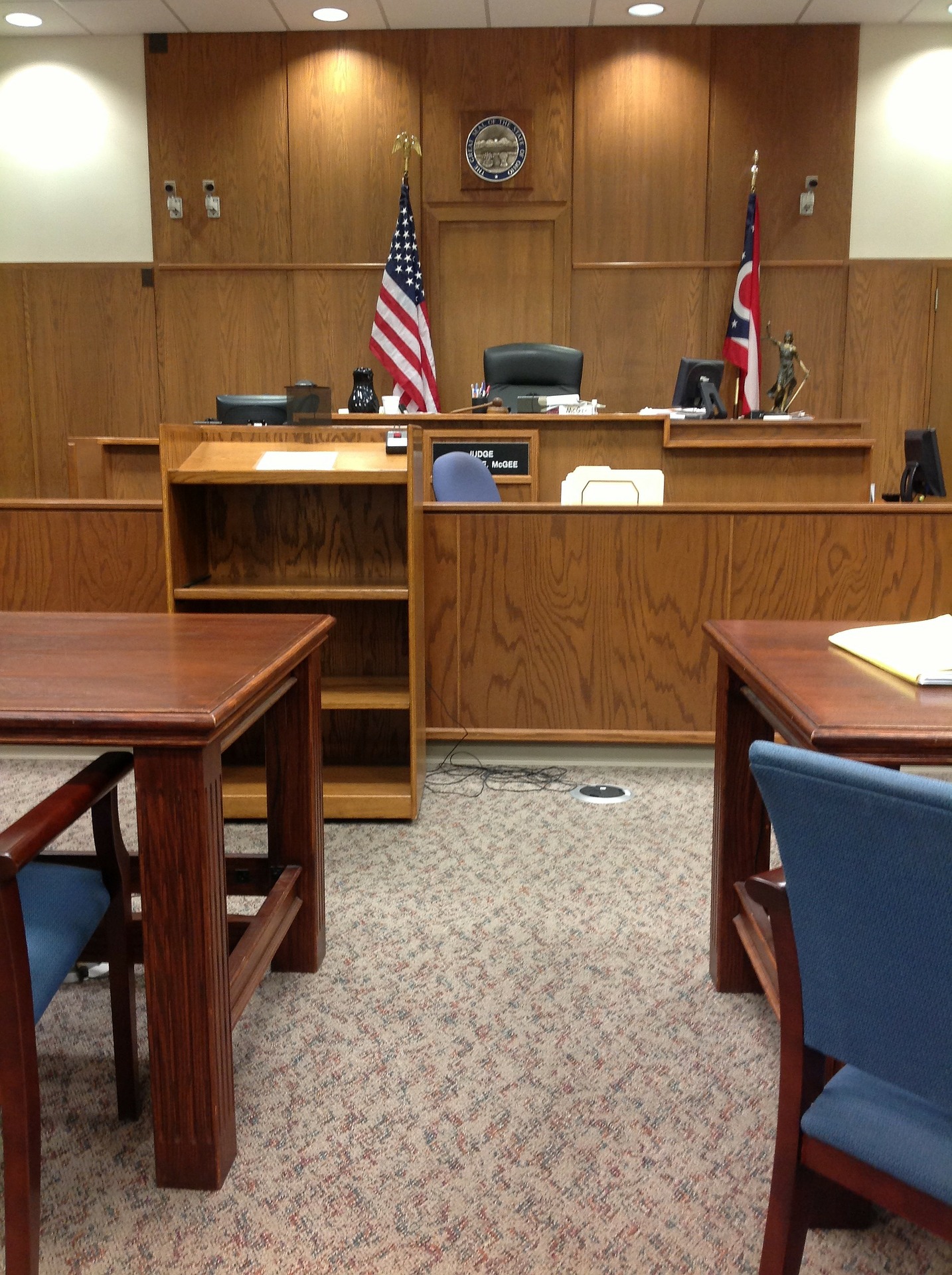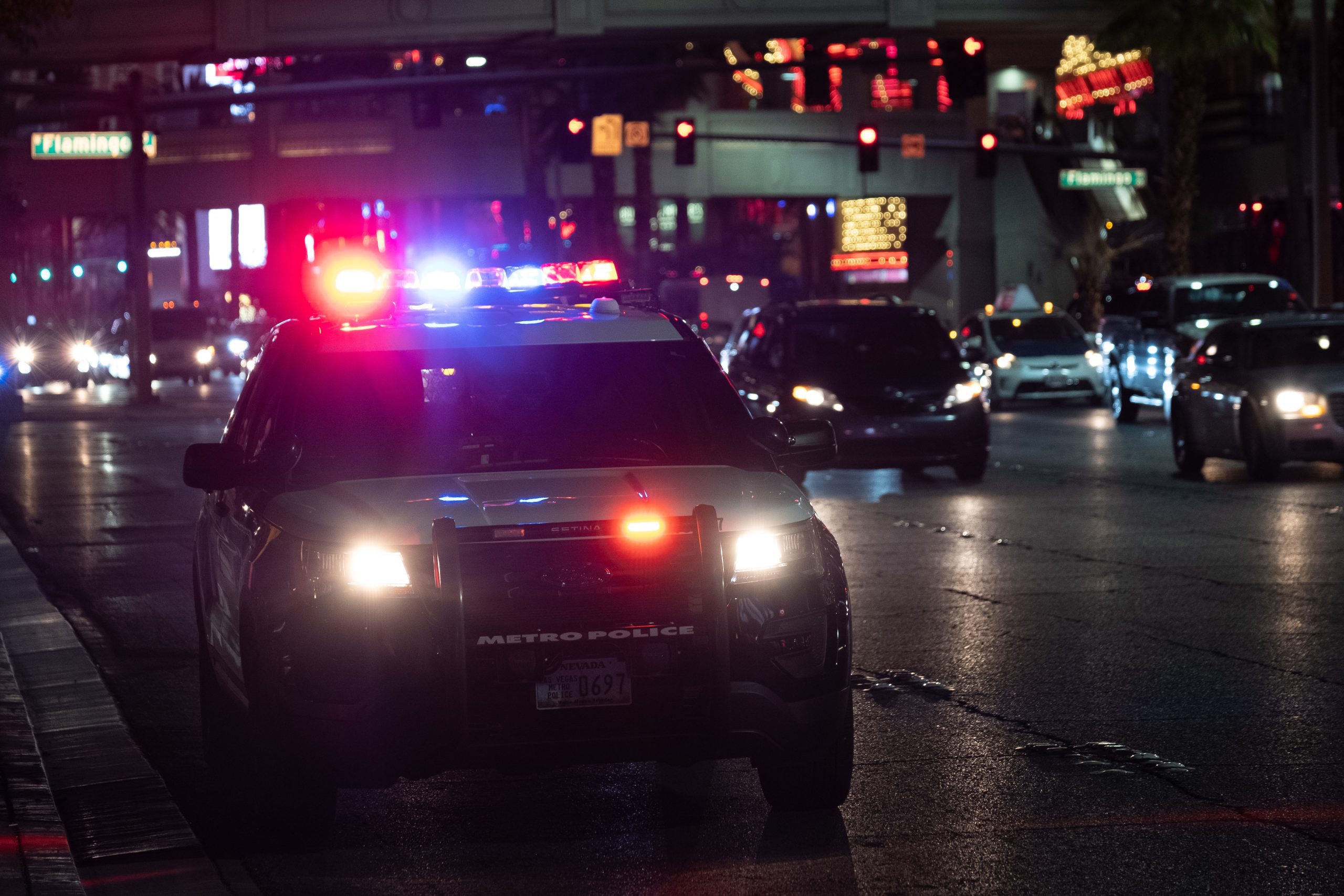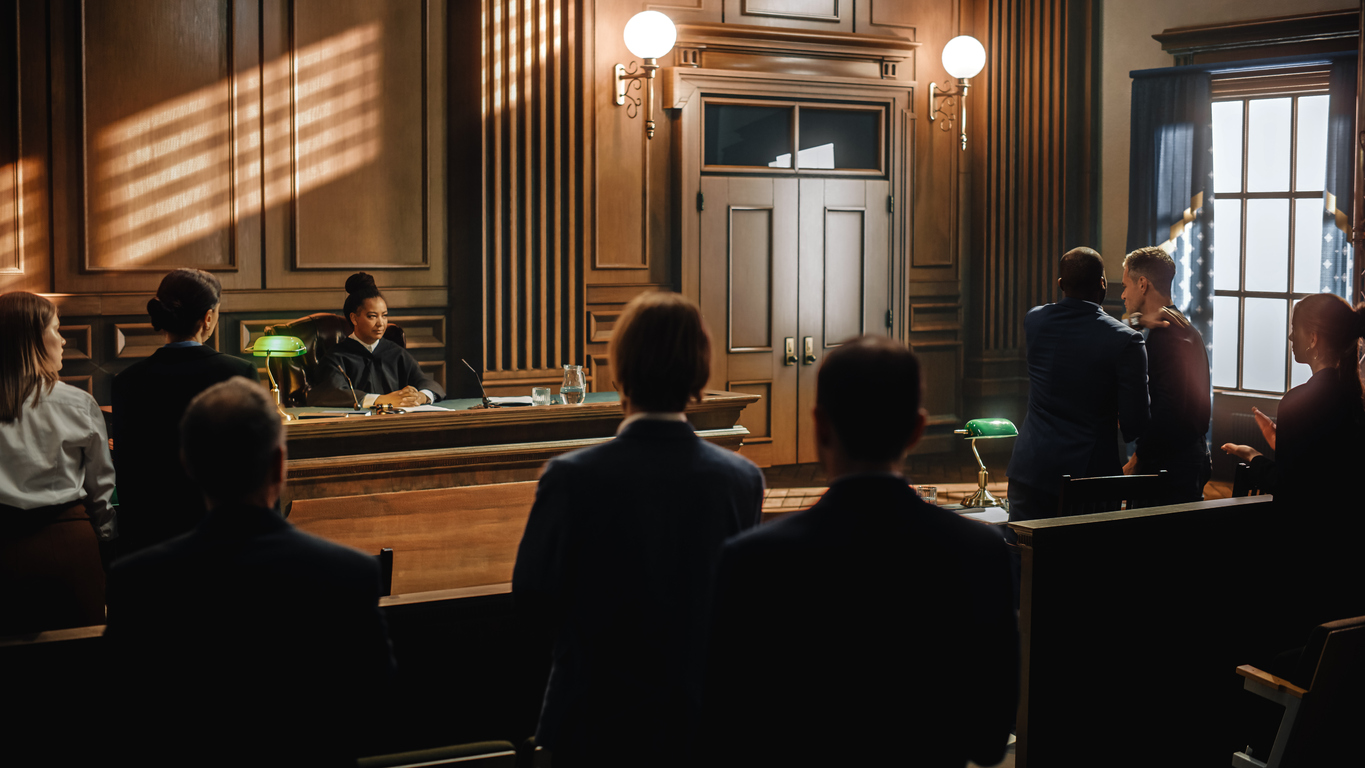Tag: Fifth Amendment
If A Jury Finds You Not Guilty, Can The Prosecution Charge You Again?
After a jury finds you not guilty, the prosecution usually cannot charge you for the same crime arising out of the same circumstances.
READ MORECan A Prosecutor Use Your Silence Against You?
A prosecutor usually can’t use your silence against you. But if you testify at trial, things change, and prosecutors can use it.
READ MOREWhen Can You File a Bivens Action?
You can file a Bivens action any time your rights are violated, but violations of the Fourth, Fifth and Eighth Amendments are most common.
READ MOREWhat Do You Have To Tell Police During A Search?
During a search by law enforcement, you do not have to tell the police much. At most, you will have to identify yourself.
READ MOREWhat Are Your Fifth Amendment Rights During A Search?
Your Fifth Amendment rights include the right to remain silent, even during a search prior to an arrest and prior to a trial.
READ MOREWhat Are Your Rights During A Search?
The Fourth and Fifth Amendments to the U.S. Constitution provide you with several important rights that apply during a search.
READ MOREWhat are your Fifth Amendment Rights During a Traffic Stop?
Several different Fifth Amendment rights apply during a traffic stop, including the right to remain silent.
READ MOREWhat Are Your Fifth Amendment Rights During Trial?
Several Fifth Amendment rights apply during trial, including the right to remain silent and the double-jeopardy protections.
READ MOREShould You Talk To A Police Officer?
If you talk to a police officer, they can use what you say against you, your loved ones and others. But you have rights that protect you.
READ MOREHow Does The Fifth Amendment Apply When You Get Arrested?
The Fifth Amendment applies when you get arrested. It states that you can’t be forced to be a witness against yourself.
READ MORE




